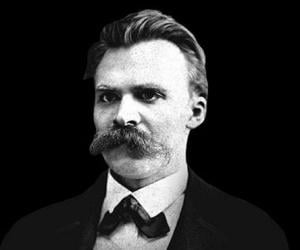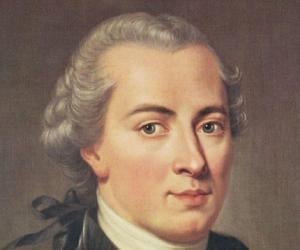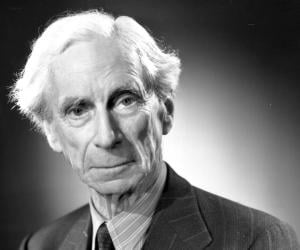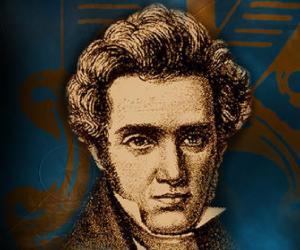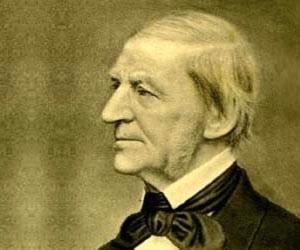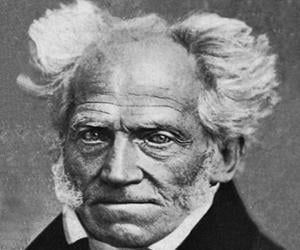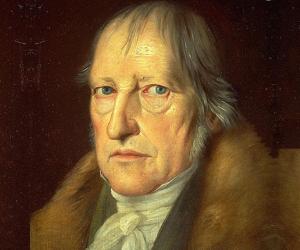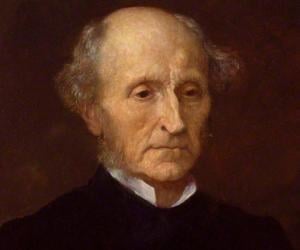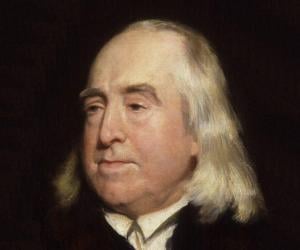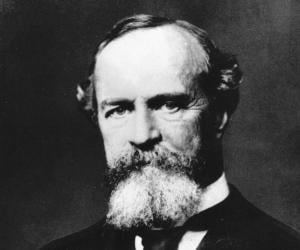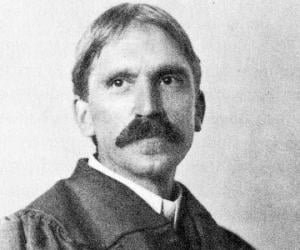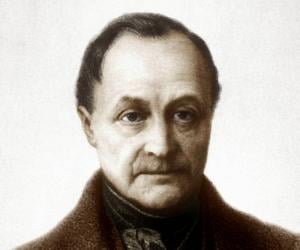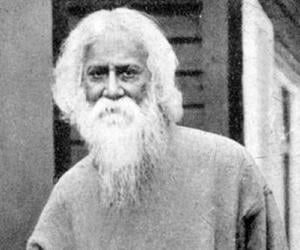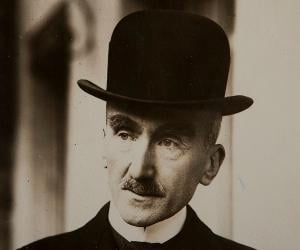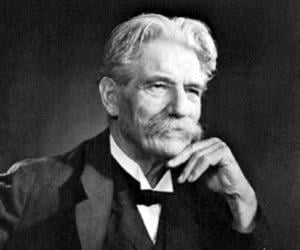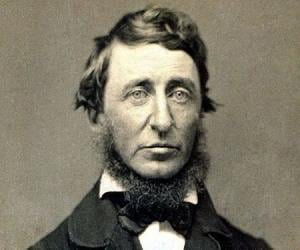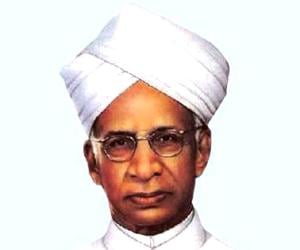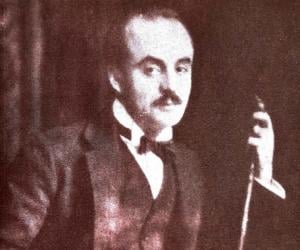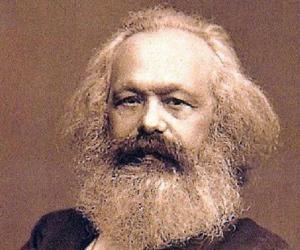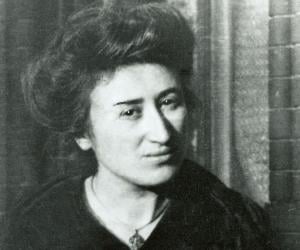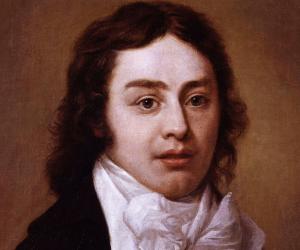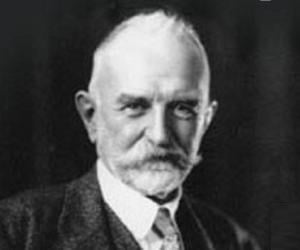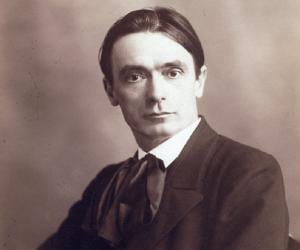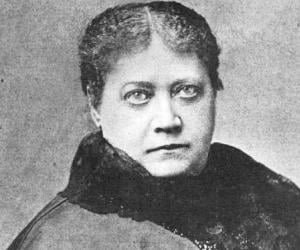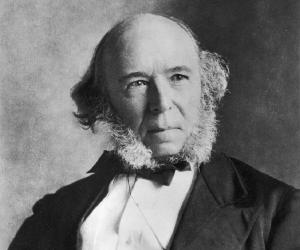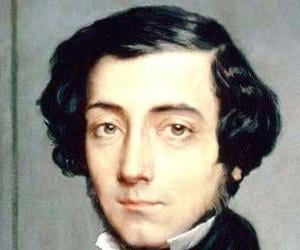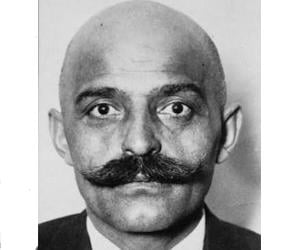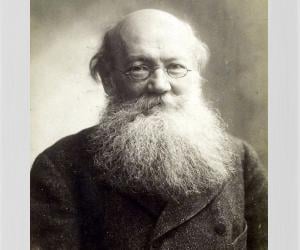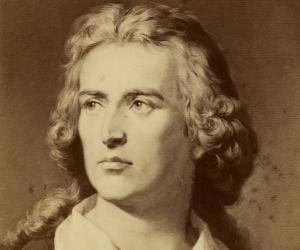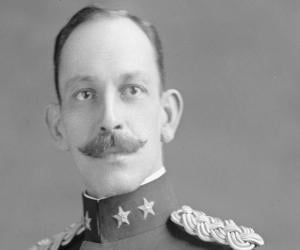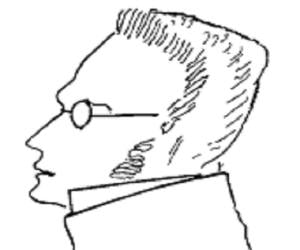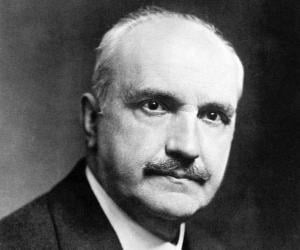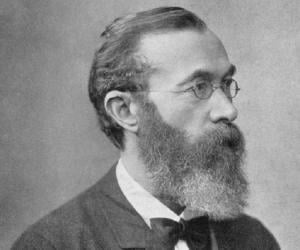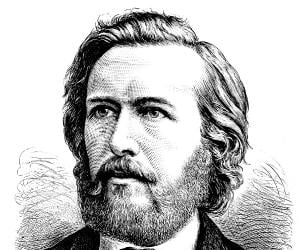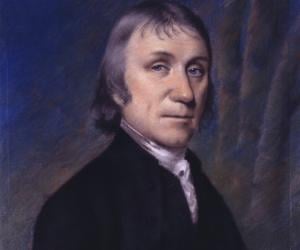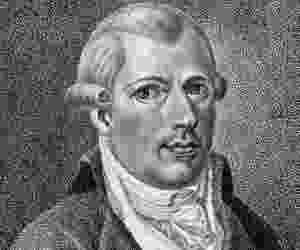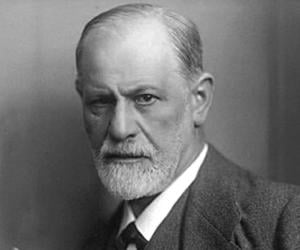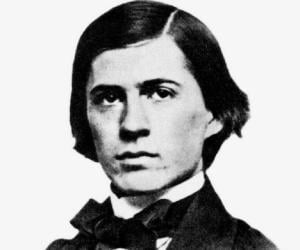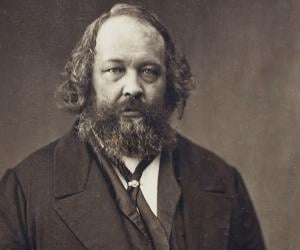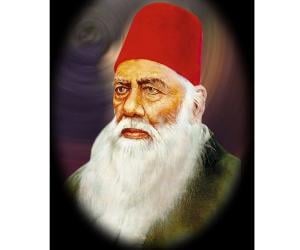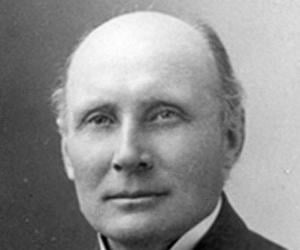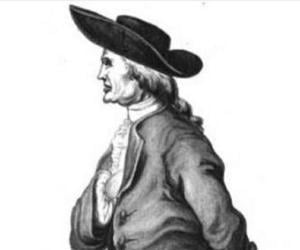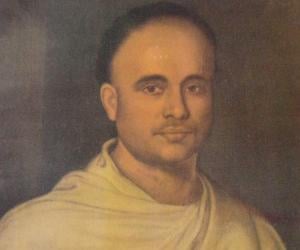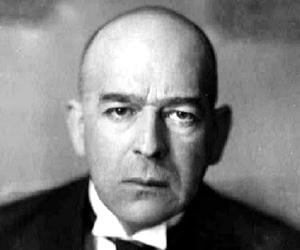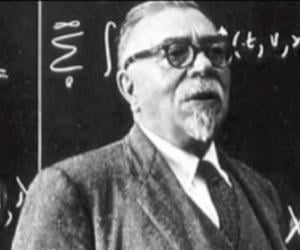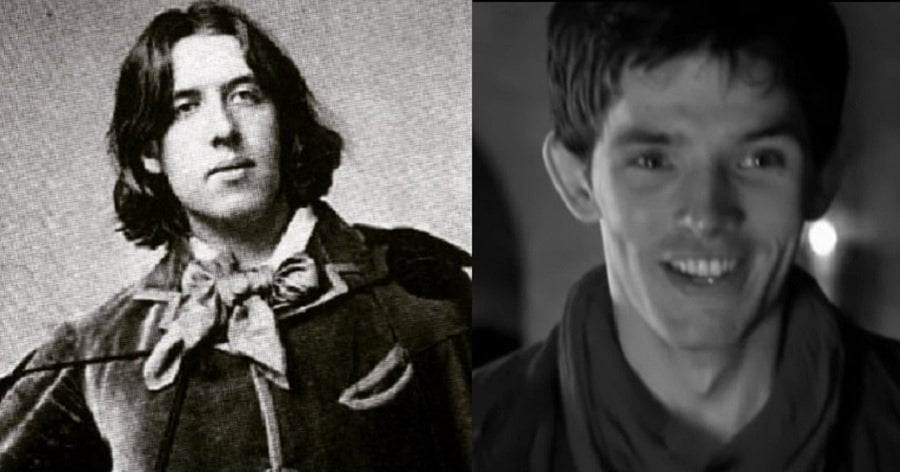German philosopher, cultural critic, composer, and poet Friedrich Nietzsche has had a profound influence on modern intellectual history. He held the Chair of Classical Philology at the University of Basel. His work spanned philosophical polemics, poetry, cultural criticism, and fiction. He suffered from numerous health problems from a young age and died at the age of 55.
Immanuel Kant was a German philosopher whose works in fields like aesthetics and metaphysics have made him an important and influential personality in Western philosophy. His views continue to influence contemporary philosophy. Kant has had a major influence on prominent philosophers like Hegel, Schelling, Reinhold, and Fichte. Kant's work on mathematics is cited by Albert Einstein as an early influence.
Bertrand Russell was a British polymath and Nobel laureate. His work, which is spread across various fields, has had a considerable influence on philosophy, cognitive science, artificial intelligence, mathematics, linguistics, and logic. Russell is also credited with leading the revolt against idealism in Britain and is regarded as one of the founders of analytic philosophy.
Soren Kierkegaard was a Danish philosopher, theologian, social critic, poet, and religious author. Widely regarded as the first existentialist philosopher, Soren Kierkegaard is sometimes referred to as the Father of Existentialism. He is also credited with influencing many theologians, philosophers, and writers like Paul Feyerabend, Ludwig Wittgenstein, and Jorge Luis Borges.
Ralph Waldo Emerson was an American philosopher who led the transcendentalist movement that developed in the eastern United States in the 1820s and 1830s. He is credited with popularizing individualism through his numerous lectures and essays. Emerson influenced many thinkers and writers that followed him; he mentored Henry David Thoreau, who went on to become a leading transcendentalist.
Arthur Schopenhauer was a German philosopher. He was among the first Western philosophers to affirm important tenets of Indian philosophy, such as denial of the self and asceticism. Schopenhauer's work has had a tremendous posthumous impact on disciplines like science, literature, and philosophy. His work influenced personalities like Albert Einstein, Ludwig Wittgenstein, Sigmund Freud, George Bernard Shaw, and Leo Tolstoy.
William James was an American psychologist and philosopher. Widely regarded as the father of American psychology and one of the most influential American philosophers, James was the first educator in the United States to offer a course in psychology. He is also credited with co-founding a psychological school of thought called functional psychology and establishing a philosophical school called pragmatism.
A staunch advocate of progressive education and liberalism, the American philosopher and psychologist was the founder of the University of Chicago Laboratory Schools. John Dewey’s famous writings included The Reflex Arc Concept in Psychology and Human Nature and Conduct. According to him, passion for knowledge and intellectual curiosity were central to a teacher. He called himself a democratic socialist.
Rabindranath Tagore was an Indian polymath who contributed greatly to the fields of literature, art, and philosophy. Referred to as the Bard of Bengal, Tagore is credited with reshaping Bengali literature and music. The first non-European to receive the Nobel Prize in Literature, Tagore is also credited with composing the national anthems of India and Bangladesh.
French philosopher, Henri Bergson, is remembered for his contribution to the tradition of continental philosophy. His works were considered extremely influential, especially during the first half of the 20th century. He received the Nobel Prize in Literature (1927) and Grand-Croix de la Legion d'honneur (1930). He was a simple man who led a humble life despite his great achievements.
Albert Schweitzer was an Alsatian polymath who won the Nobel Peace Prize in 1952 for his philosophical work, Reverence for Life. He is credited with founding the Albert Schweitzer Hospital, which was a direct result of his philosophical expression. Schweitzer is also credited with influencing the Organ reform movement, which began in the mid-20th-century.
Edmund Husserl was a German philosopher of Moravian origin. He established the school of phenomenology. He studied mathematics, physics, and astronomy at the University of Leipzig and worked as an assistant to mathematician Karl Weierstrass. He later became a professor of philosophy and taught for several years. He is considered a major figure in 20th-century philosophy.
Henry David Thoreau was an American philosopher, essayist, poet, and naturalist. He is credited with popularizing transcendentalism and simple living. His philosophy of civil disobedience, which was detailed in his essay of the same name, later influenced world-renowned personalities like Leo Tolstoy, Martin Luther King Jr., and Mahatma Gandhi.
Sarvepalli Radhakrishnan was the second President of India and served from 1962 to 1967. He is regarded as one of India’s most eminent scholars and wrote extensively on Indian philosophy and religion. Lifelong he defended Hindu traditions and culture against criticism from the West. September 5, his birthday, is observed as Teachers Day in India, in his honour.
Lebanese author and poet Khalil Gibran is best remembered for his bestselling works The Prophet and Broken Wings. One of the leaders of the Mahjar movement of Arabic literature, he specialized in incorporating mythological and mystical symbols in his works and was inspired by Friedrich Nietzsche and William Blake.
Karl Marx, the philosopher, economist, political theorist and socialist revolutionary, is best-known for the 1848 pamphlet, The Communist Manifesto and the three-volume Das Kapital. His theories, called Marxism, maintained that class conflict leads to the development of human societies and that internal tension were inherent in capitalism, which would ultimately be replaced by the socialist mode of production.
George Boole is remembered for pioneering Boolean algebra, a tool used in digital computer circuits. More of a self-taught mathematician, Boole began teaching at 16 and later grew up to be a math professor at Queen’s College, Cork. His work in differential equations and algebraic logic was groundbreaking.
Samuel Coleridge was an English poet, philosopher, theologian, and literary critic. He is credited with co-founding the Romantic Movement in England along with his friend William Wordsworth. Despite struggling from bouts of depression and anxiety throughout his adult life, Samuel Coleridge had a major influence on American transcendentalism and writers like Ralph Waldo Emerson.
American philosopher and social psychologist George Herbert Mead was one of the pioneers of pragmatism and symbolic interactionism. He taught at the University of Chicago, and his ideas later came to be known as the Chicago school of sociology. His notable lectures were published as books only after his death.
Austrian philosopher and architect and Rudolf Steiner gained fame as a literary critic and published works such as The Philosophy of Freedom. His interests included esotericism and clairvoyance. He termed his work spiritual science. He designed the Goetheanum and also laid down concepts such as Waldorf education and biodynamic agriculture.
Russian philosopher Helena Blavatsky, or Madame Blavatsky, was one of the co-founders of the Theosophical Society. She popularized the slogan “There is no religion higher than truth.” She was inspired by the Arya Samaj and later converted to Buddhism. She also wrote books such as The Secret Doctrine.
Herbert Spencer was the man behind the expression “survival of the fittest,” after reading Charles Darwin's iconic work On the Origin of Species. The British anthropologist, sociologist, and philosopher introduced the concept of Social Darwinism, which applied the theory of evolution to societies and social classes.
French diplomat and political scientist Alexis de Tocqueville is best remembered for his written works The Old Regime and the Revolution and Democracy in America. He was part of French politics, primarily during the July Monarchy and the Second Republic. He had been the minister of foreign affairs briefly.
Born to a poet and carpenter, George Gurdjieff grew up reading a lot of science books in his hometown, Kars. He later laid down the concept of The Fourth Way, stating that humans can overcome their state of waking sleep through methods involving a combination of music, dance, and lectures.
Russian philosopher Peter Kropotkin was a passionate advocate of anarcho-communism. He was also an activist, revolutionary, economist, and sociologist. He was arrested and imprisoned for his activism in 1874. However, he managed to escape and lived in exile for over 40 years in different countries across Europe. He returned to Russia after the Russian Revolution in 1917.
Friedrich Schiller was a German poet, physician, philosopher, playwright, and historian. Schiller is best remembered for his friendship with Johann Wolfgang von Goethe and the two discussed issues concerning aesthetics. Schiller's discussions with Goethe paved the way for a period, which came to be known as Weimar Classicism. Friedrich Schiller is also widely regarded as Germany's most prominent classical playwright.
Son of Spanish immigrants, Jose Marti spent his childhood in a strife-torn Cuba and attended high school on financial aid. Marti’s poems, essays, and articles were laced with his patriotic vigor to free Cuba from the Spanish rule. He died battling on the field at Dos Ríos.
One of George Santayana’s initial works, The Sense of Beauty, spoke about aesthetics, an oft-repeated topic in his later works. The Spanish-born American philosopher and Harvard professor is remembered for his quote “Only the dead have seen the end of war,” which has often been misattributed to Plato.
Wilhelm Wundt was a German physiologist, professor, and philosopher. He is often counted among the founders of modern psychology and is widely considered the father of experimental psychology. He is also credited with founding the first laboratory for psychological research, which he founded at the University of Leipzig in 1879.
Ernst Haeckel had initially practiced medicine before he gained an interest in Charles Darwin’s theory and began exploring zoology and related fields. He not only coined terms such as ecology, but also named numerous species and created a genealogical tree. He drew numerous figures of animals and sea creatures, too.
Best remembered for his contribution to the chemistry of gases, Joseph Priestley was an English scientist, clergyman, political theorist and educator, who has been credited with discovering oxygen independently, publishing his findings before Carl Wilhelm could. A prolific writer, he has authored 150 works on various subjects including electricity. He also contributed immensely to the advancement of political and religious thoughts.
Regarded as the father of psychoanalysis, Sigmund Freud was a neurologist. Despite suffering criticism, psychoanalysis remains influential in the fields of psychology and psychiatry; such is the influence Freud has on humanities. Scholars believe that Freud is one of the most influential personalities of the 20th century and that his impact is comparable to that of Marxism and Darwinism.
Charles Sanders Peirce was an American philosopher, mathematician, logician, and scientist. He is best remembered for his immense contributions to logic. Philosopher Paul Weiss called him America's greatest logician. Charles Sanders Peirce is also regarded by some as the father of pragmatism.
Mikhail Bakunin was a Russian socialist and anarchist. He is credited with founding an anarchist school of thought called collectivist anarchism. Regarded as one of the most influential personalities of anarchism, Mikhail Bakunin has had a major influence on thinkers like Peter Kropotkin, Herbert Marcuse, Errico Malatesta, Neil Postman, E. P. Thompson, and A. S. Neill.
Alfred North Whitehead was a British mathematician and philosopher, best known for his collaboration with his student Bertrand Russell on Principal of Mathematics, a three-volume work on the foundations of mathematics. Also known for his pioneering works on process philosophy and metaphysics, he is credited with developing a comprehensive metaphysical system that differs from most Western philosophies.
English natural philosopher, scientist, and a prominent experimental and theoretical physicist and chemist Henry Cavendish is best-remembered for his discovery of hydrogen and his Cavendish experiment. He first recognized that hydrogen, which he termed inflammable air, is a discrete substance which produces water on combustion. He conducted the Cavendish experiment to measure and produce a value for Earth’s density.
Ishwar Chandra Vidyasagar was an Indian social reformer and educator. He is best remembered for his efforts to modernize and simplify Bengali prose for which he is widely regarded as the father of Bengali prose. As a social reformer, Vidyasagar played a crucial role in enacting the Hindu Widows' Remarriage Act, which legalized the remarriage of Hindu widows in India.
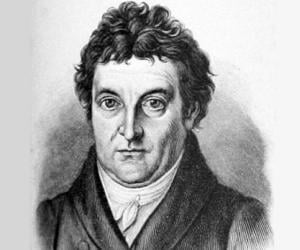
German historian Oswald Spengler is best remembered for his iconic The Decline of the West, which had a huge influence on social theory. He believed that culture cannot be transferred and that it can only decline and decay like an organism. He lived his final years in isolation in Munich.
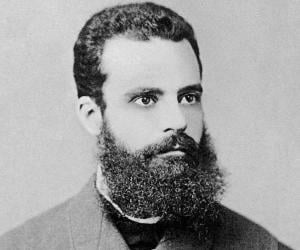
A qualified civil engineer, Vilfredo Pareto had initially worked for the railways and the ironworks. However, he gradually deviated to philosophy, sociology, and politics and gained fame for his application of math to economic issues and his introduction of Pareto efficiency. Mind and Society remains his best-known work.
The founder of the Ramakrishna Mission and Ramakrishna Math, Swami Vivekananda was an Indian Hindu monk, philosopher, and spiritual leader. He is credited with introducing the Indian philosophies of Yoga and Vedanta to the Western world. He is also credited with elevating the status of Hinduism as a major religion in the modern world by raising interfaith awareness.
